Epilepsy - the Disease that can Develop at any Age, any Time: Is there any Cure?
Written by Czech Hospital Placements on Tuesday, August 30, 2016
Epilepsy Neurosurgery Neurosurgeon Brain Work Surgery OR Disease Neurology
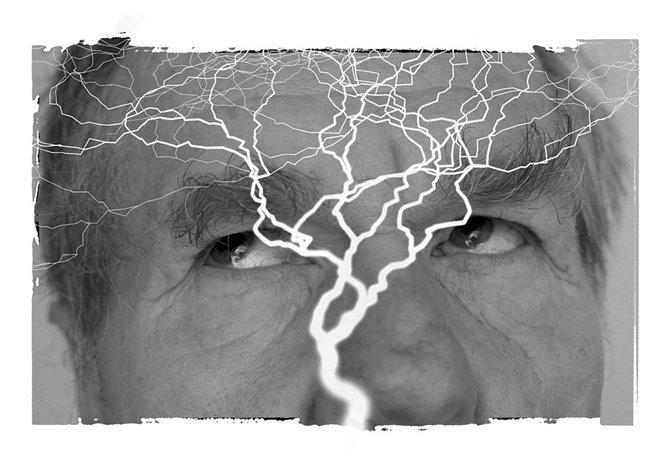
Epilepsy affects about 50 million people worldwide, making that one of the most common neurological diseases at all. This disorder can develop in any stage of life. However, mostly it occurs in pediatric and elderly patients. What daily complications it brings to the sufferers? What is the cause of the disease, will we ever know? How it can develop during time? And finally, is there a chance to beat it?
Epilepsy is a central nervous system chronic disorder, characterized by epileptic seizures. They are caused by a sudden interruption of the brain´s normal electrical activity. The disorder is usually diagnosed after more than one epileptic fit, when there is a probability to have more seizures in the future. Epilepsy varies in its types and severity, some of people can suffer from it for a time period after which seizures stop, but for most of people it is a life-long condition.
In some cases there are known the symptoms causing epilepsy, such as:
- Problems during birth causing that the newborn got less oxygen
- Stroke
- Tumors of brain
- Conditions after accidents when brain was damaged
But in over half cases, the symptoms are unknown. Scientic teams still continue in research on epilepsy causes, and explore the chances of epilepsy inheritance between generations.
Epilepsy typically brings limitations and problems affecting the daily life. Some of the patients are not able to drive a car, drink alcohol and also, epilepsy usually harms the social relations, too. The survey by The National Society for Epilepsy found out that some of the epileptic sufferers did not pass the stage of a job interview in the time they mentioned epilepsy. And others lost their job when their disorder was revealed. The stress caused by all these possible limitations can trigger more epileptic seizures, and in severe types of epilepsy, the seizues can be life dangerous. There is a risk of injury or health damage, especially in case of loosing consciousness during the fit. Is there a cure that can stop the diasease?
source: www.healthguru.com
In 70% of cases sufferers respond to the treatment, there is possible to keep seizures under control while taking the medication. A part of patients even undergo a surgery to ease the symptoms. It may be a solution when the medication does not help, or, surgery is an option for patients who cannot tolerate the side effects of drugs. The neurosurgeon can:
- Remove the part of the brain that causes seizures
- Disrupt the nerve pathways that seizure impulses take through the brain
- Implant a pacemaker-like device called Vagus Nerve Stimulation (VNS) to stop seizures
Of course, brain surgery takes risks, such as possible wound infection, double vision, memory loss and other severe consequences. And there is no 100% guarantee of sucess in stopping epileptic seizures. On the other hand, successful surgery can significantly improve the quality of the patient´s life. The neurosurgeons providing treatment to epileptic patients surgically help to 60-68% of them to stop seizures completely, according to the statistics of the world biggest health centers. The risk of death is there lower than 0,5%.
The University Hospital in Motol also provides the treatment for epileptic suferrers - to both, adults and children, too. When it comes to pediatric patients, they treat the most complicated types of epilepsy. As an English speaking student, you have an opportunity to shadow the top neurosurgeons during their daily work routine. If you are interested in epilepsy treatment, there is a chance to witness the epileptic surgery directly, as one of our mentors, MUDr. Leško, is in the charge of recently opened Epileptic Surgical Center. Check more about your work experience possibilities and other procedures conducted by the excellent team of Czech neurosurgeons.

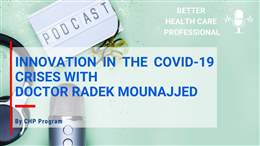





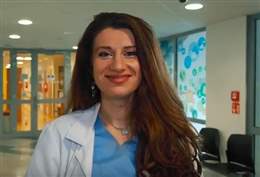

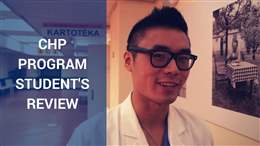
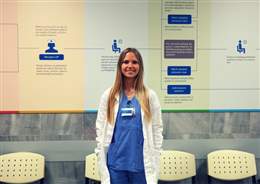

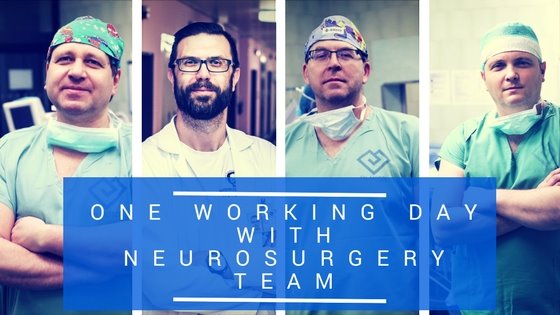

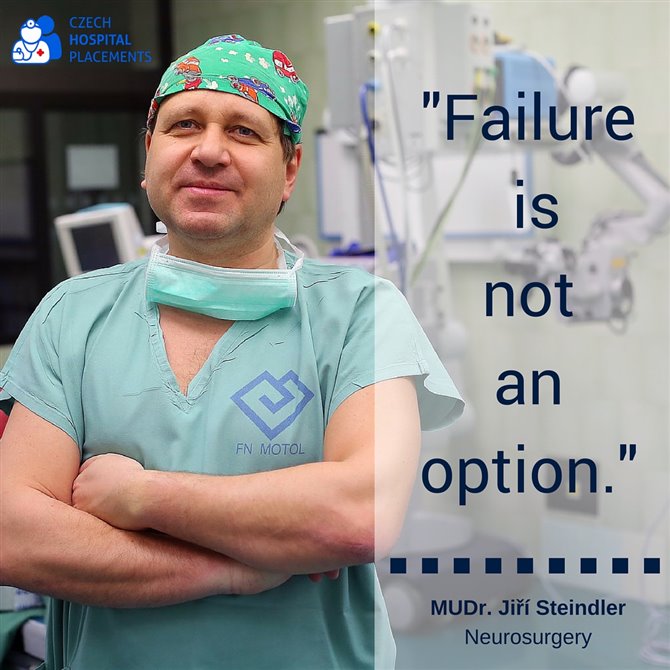
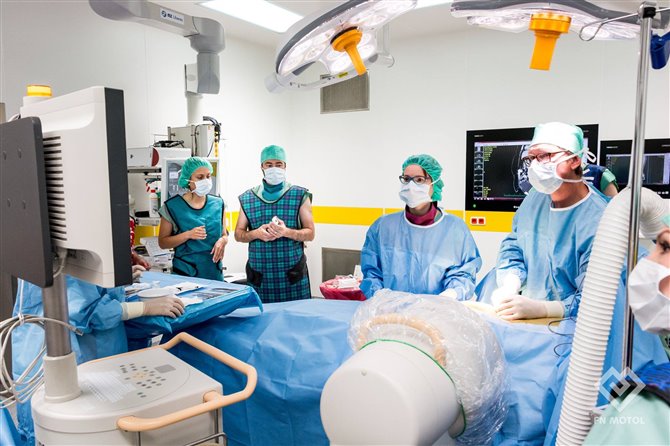
Categories
Behind the Scenes of the University Hospital in Motol
Being a Healthcare Student
Best Adventures While Travelling
Discover the Medical Specialties
Inspiration: Practical Experience of Healthcare Professionals
Obsolete vs. Visionary
The Better Health Care Professional Podcast
Tips and Tricks for Your Successful Career
Top News in Healthcare
Travels in COVID-era